
Sale
Evolve Resources for Introduction to Critical Care Nursing, 7th Edition Test Bank
- Part I. Fundamental Concepts
- 1. Overview of Critical Care Nursing
- Definition of Critical Care Nursing
- Evolution of Critical Care
- Professional Organizations
- Certification
- Standards
- Critical Care Nurse Characteristics
- Quality and Safety Emphasis
- Evidence-Based Practice
- Healthy Work Environment
- Collaborative Care Plan for the Critically Ill Patient
- Other Trends and Issues
- 2. Patient and Family Response to the Critical Care Experience
- Introduction
- The Critical Care Environment
- The Critically Ill Patient
- Family Members of the Critically Ill Patient
- 3. Ethical and Legal Issues in Critical Care Nursing
- Introduction
- Ethical Obligations and Nurse Advocacy
- Ethical Decision Making
- Ethical Principles
- Increasing Nurses’ Involvement in Ethical Decision Making
- Selected Ethical Topics in Critical Care
- 4. Palliative and End-of-Life Care
- Introduction
- Dimensions of End-of-Life Care
- Culturally Competent End-of-Life Care
- Part II. Tools for the Critical Care Nurse
- 5. Comfort and Sedation
- Introduction
- Definitions of Pain and Anxiety
- Predisposing Factors to Pain and Anxiety
- Physiology of Pain and Anxiety
- Positive Effects of Pain and Anxiety
- Negative Effects of Pain and Anxiety
- Preventing and Treating Pain and Anxiety
- Management of Pain and Anxiety
- Management Challenges
- 6. Nutritional Therapy
- Introduction
- Gastrointestinal Tract
- Utilization of Nutrients
- Assessment of Nutritional Status
- Overview of Nutritional Therapy
- Nutritional Therapy Goals
- Practice Guidelines
- Monitoring Nutritional Status and Complications of Nutritional Therapy
- 7. Dysrhythmia Interpretation and Management
- Introduction
- Overview of Electrocardiogram Monitoring
- Cardiac Physiology Review
- The 12-Lead Electrocardiogram
- Basics of Dysrhythmia Analysis
- Causes of Dysrhythmias
- Dysrhythmia Analysis
- Basic Dysrhythmias
- Cardiac Pacemakers
- Other Devices with Pacemaker Capabilities
- 8. Hemodynamic Monitoring
- Introduction
- Review of Anatomy and Physiology
- Hemodynamic Monitoring Modalities
- Stroke Volume Optimization
- 9. Ventilatory Assistance
- Introduction
- Review of Respiratory Anatomy and Physiology
- Physiology of Breathing
- Lung Volumes and Capacities
- Respiratory Assessment
- Oxygen Administration
- Airway Management
- Mechanical Ventilation
- Nursing Care
- Weaning Patients from Mechanical Ventilation
- 10. Rapid Response Teams and Code Management
- Introduction
- Rapid Response Teams
- Roles of Caregivers in Code Management
- Equipment Used in Codes
- Resuscitation Efforts
- Pharmacologic Intervention During a Code
- Lifestyle Considerations
- Documentation of Code Events
- Care of the Patient After Resuscitation
- 11. Organ Donation
- Introduction
- Part III. Nursing Care During Critical Illness
- 12. Shock, Sepsis, and Multiple Organ Dysfunction Syndrome
- Introduction
- Review of Anatomy and Physiology
- Assessment
- Management
- Classifications of Shock
- Multiple Organ Dysfunction Syndrome
- Patient Outcomes
- 13. Cardiovascular Alterations
- Introduction
- Normal Structure and Function of the Heart
- Coronary Artery Disease
- Angina
- Acute Coronary Syndrome
- Interventional Cardiology
- Mechanical Therapies
- Cardiac Dysrhythmias
- Heart Failure
- Pericarditis
- Valvular Heart Disease
- Endocarditis
- Vascular Alterations
- 14. Nervous System Alterations
- Introduction
- Anatomy and Physiology of the Nervous System
- Functional and Structural Divisions of the Central Nervous System
- Increased Intracranial Pressure
- Traumatic Brain Injury
- Acute Stroke
- Seizures and Status Epilepticus
- Central Nervous System Infections
- Spinal Cord Injury
- 15. Acute Respiratory Failure
- Introduction
- Acute Respiratory Failure
- Respiratory Failure in Acute Respiratory Distress Syndrome
- Acute Respiratory Failure in Chronic Obstructive Pulmonary Disease
- Acute Respiratory Failure in Asthma
- Acute Respiratory Failure Resulting from Pneumonia
- Ventilator-Associated Pneumonia and Events
- Acute Respiratory Failure Resulting From Pulmonary Embolism
- Acute Respiratory Failure in Adult Patients with Cystic Fibrosis
- 16. Acute Kidney Injury
- Introduction
- Review of Anatomy and Physiology
- Pathophysiology of Acute Kidney Injury
- Assessment
- Diagnostic Procedures
- Nursing Diagnoses
- Nursing Interventions
- Medical Management of Acute Kidney Injury
- 17. Hematologic and Immune Disorders
- Introduction
- Review of Anatomy and Physiology
- Nursing Assessment of Hematologic and Immunologic Function
- Selected Erythrocyte Disorders
- White Blood Cell and Immune Disorders
- Selected Immunologic Disorders
- Bleeding Disorders
- 18. Gastrointestinal Alterations
- Introduction
- Review of Anatomy and Physiology
- General Assessment of the Gastrointestinal System
- Acute Gastrointestinal Bleeding
- Acute Pancreatitis
- Hepatic Failure
- 19. Endocrine Alterations
- Introduction
- Hyperglycemia in the Critically Ill Patient
- Pancreatic Endocrine Emergencies
- Acute and Relative Adrenal Insufficiency
- Thyroid Gland in Critical Care
- Thyroid Crises
- Antidiuretic Hormone Disorders
- 20. Trauma and Surgical Management
- Introduction
- Systems Approach to Trauma Care
- Mechanisms of Injury
- Emergency Care: Triage Phase
- Emergency Care: Resuscitation Phase
- Assessment and Management of Specific Organ Injuries
- Critical Care Phase
- Special Considerations and Populations
- Rehabilitation
- 21. Burns
- Introduction
- Review of Anatomy and Physiology of the Skin
- Mechanisms and Etiology Of Injury
- Burn Classification and Severity
- Physiologic Responses to Burn Injury
- Phases of Burn Care Assessment and Collaborative Interventions
- Special Considerations and Areas of Concern
- Pain Control
- Infection Prevention
- Wound Management
- Nutritional Considerations
- Psychosocial Considerations
- Lifespan Considerations
- Nonburn Injuries
- Discharge Planning
- Burn Prevention
- Index
- Special Features.
-

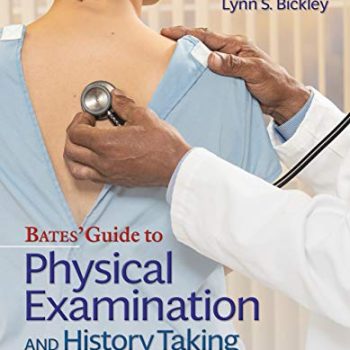
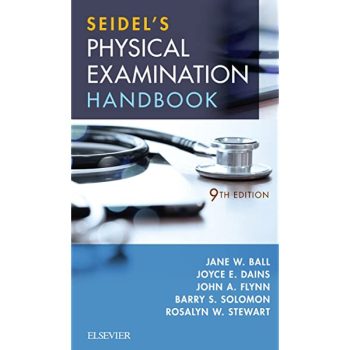
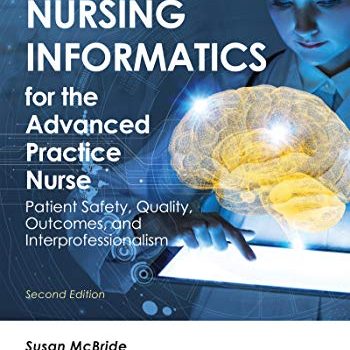
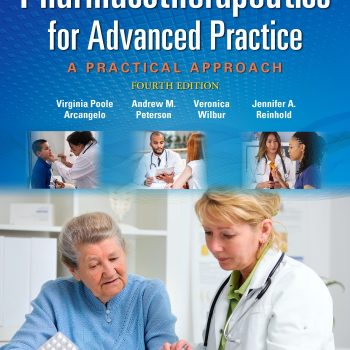
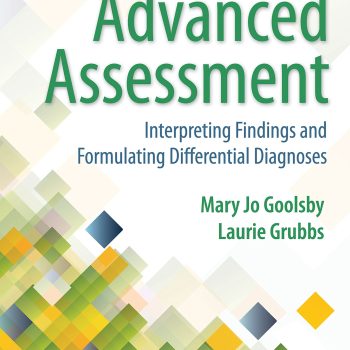
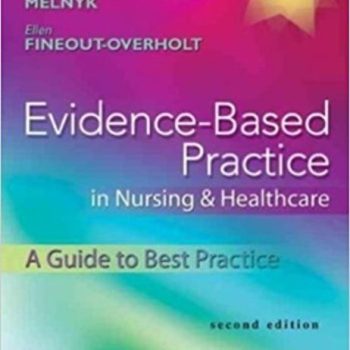
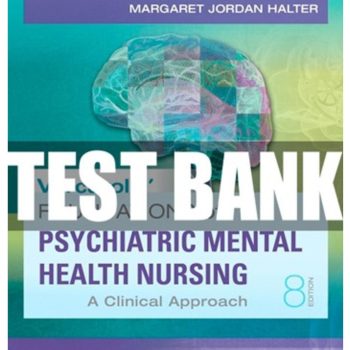
Reviews
There are no reviews yet.